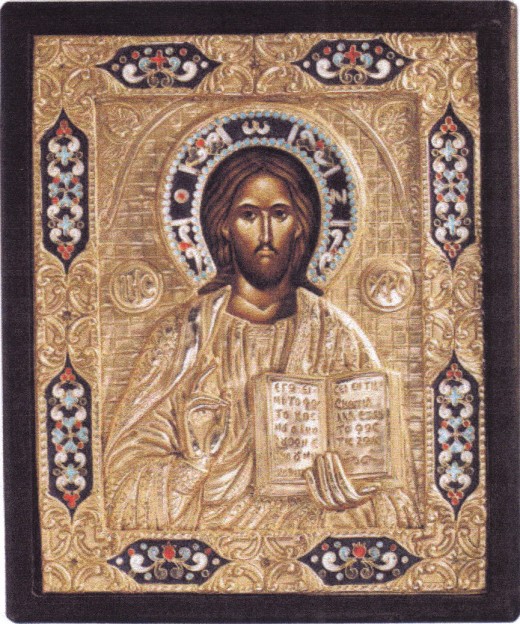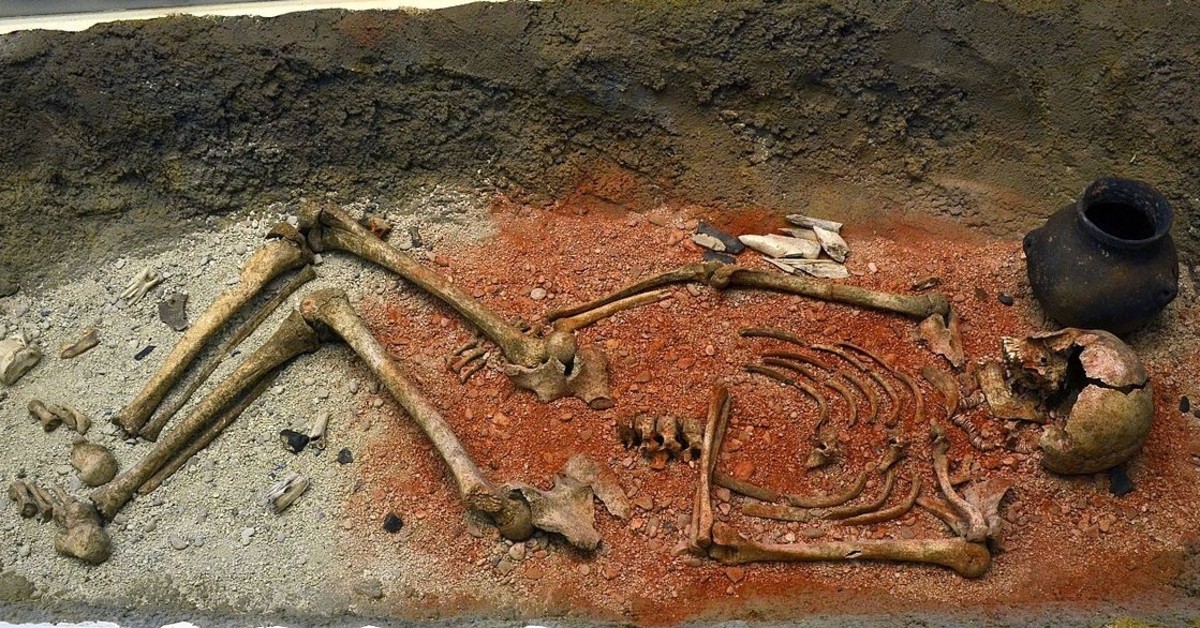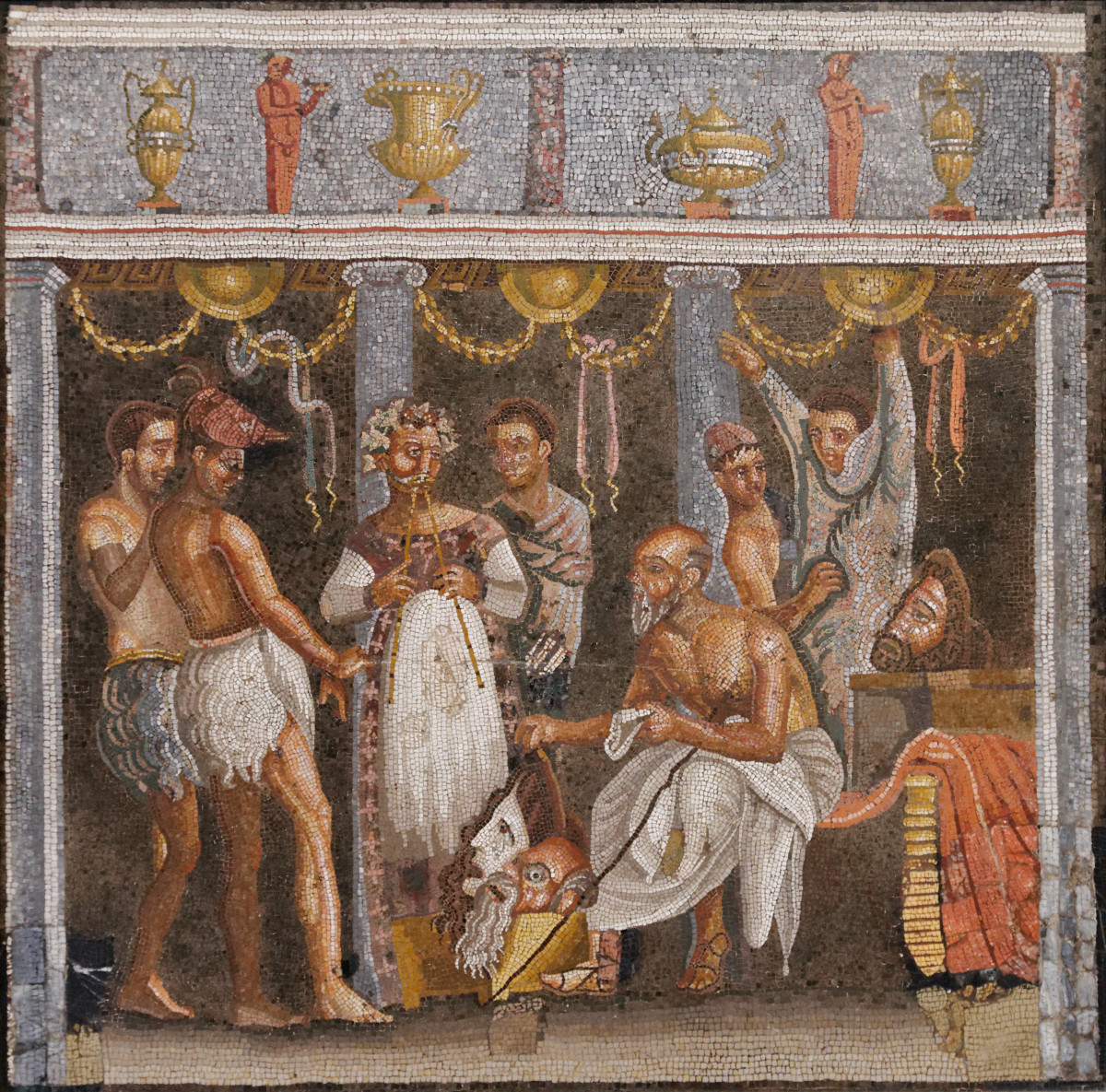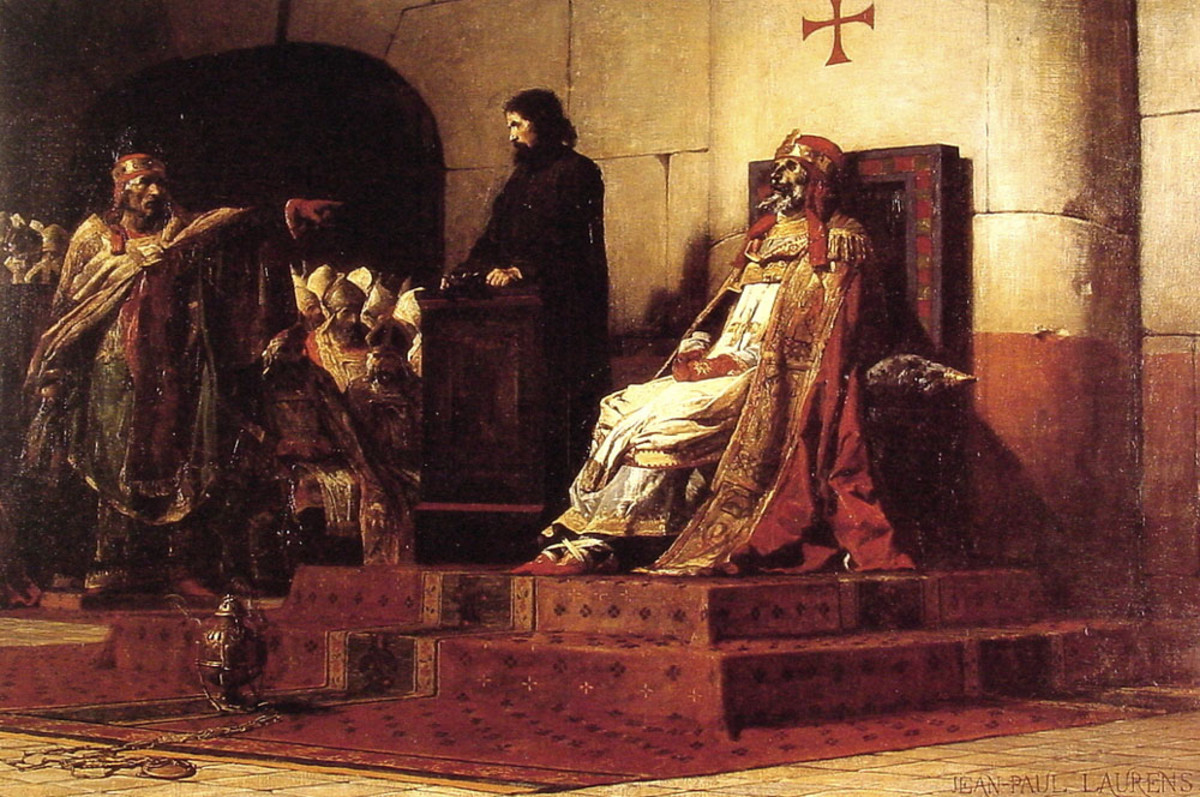Why Christianity Endures

The Popularity of Christianity
The Pax Romana was a period of the Roman Empire that lasted from 27 AD to 180BC. The name implies that it was a peaceful time, in reality; it only meant that there was no war and the Romans did not commit a lot of resources to building up a military.
For most people during the Pax Romana, life was full of illness and poverty. More than half the population was slaves. The great Roman cities were full of filth. Open sewers ran in most communities, disease was rampant and the population was hungry for a personal relationship with the divine , an afterlife and some hope that life on earth would improve.
Most people, including the Roman leadership saw religious tradition as some protection against the precariousness of life and the promise of an afterlife. The Roman leadership wanted the populous to worship the Roman gods of the era and feared that if those Gods were rejected, the gods would punish all with more misery. The population at large was dissatisfied with the gods that were worshipped at festivals and ceremonies provided by the government. Comfort was found in Mystery cults and Christianity. Both the Mystery cults and Christianity offered a personal relationship with the divine and an afterlife. Families could mark significant events such as marriages, births and deaths with religious rituals.
Mystery cults allowed membership to almost everyone; slaves were permitted if they worked at or above certain levels. Mystery cults often required expensive costumes and offerings. Frequently, initiation rites demanded self-mutilation. Mystery cults were called “Mysteries” because the initiation requirements and association gave members secret knowledge about both human and divine.
Christianity became known at the time Mystery cults were growing in popularity. Christianity accepted all people, including slaves and sinners. The only requirement to become a Christian was to believe in Christ. Christianity promised an afterlife, a loving and forgiving god and also some hope for improvements to life on earth.
Many Romans embraced Christianity which was threatening to Roman leadership. Believers were captured and publicly tortured at the government sponsored festivals and ceremonies. The Roman leaders believed that the public torture would frighten people and deter loyalty to the Christian faith. Instead, it made martyrs out of the Christians who were tortured and caused many more non-Christians to convert to Christianity.
The Christian faith endured and it is one of the most prominent on the globe today. The acceptance of a loving and forgiving god, the promise of an afterlife and no rejection of any believer guarantee its presence.








